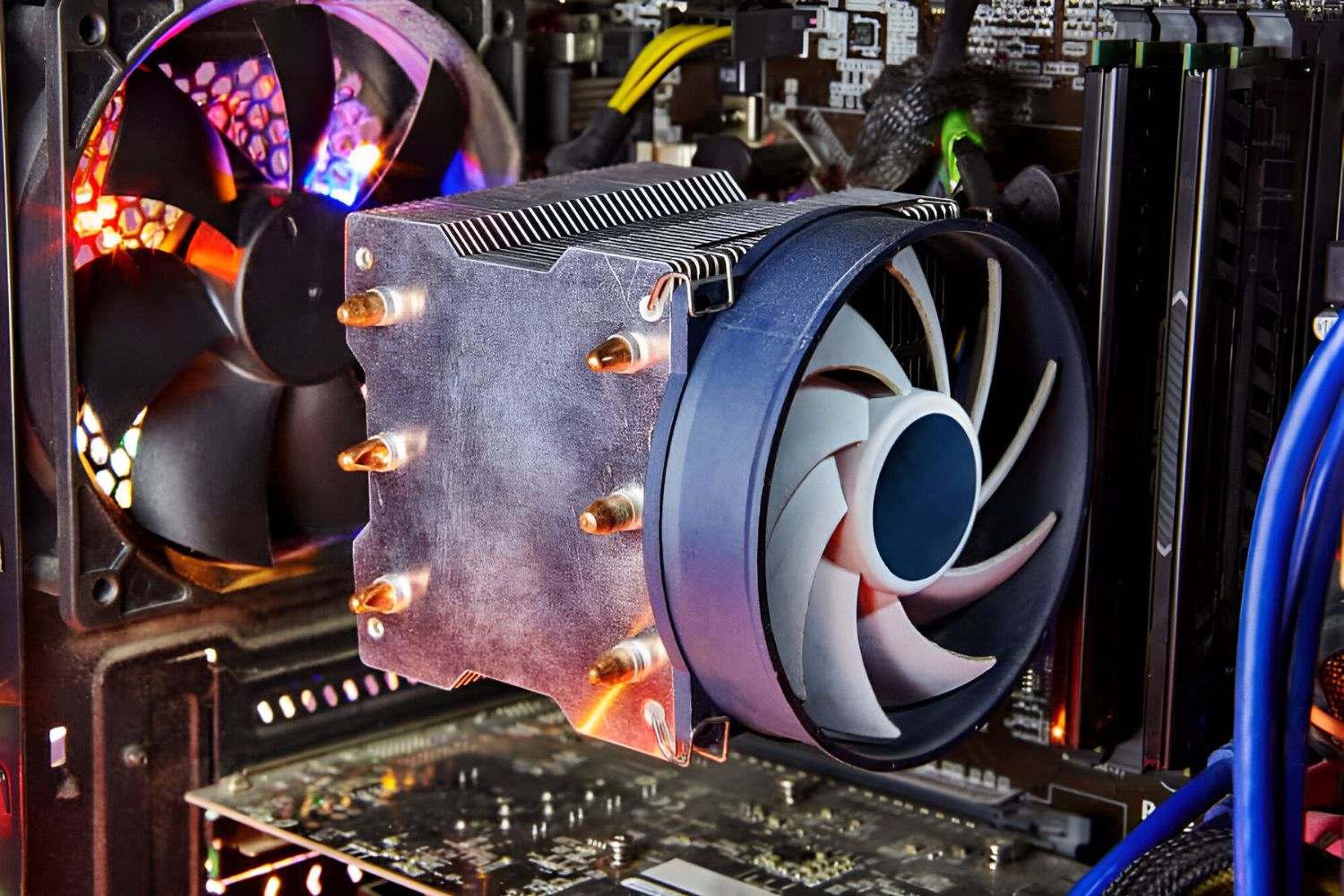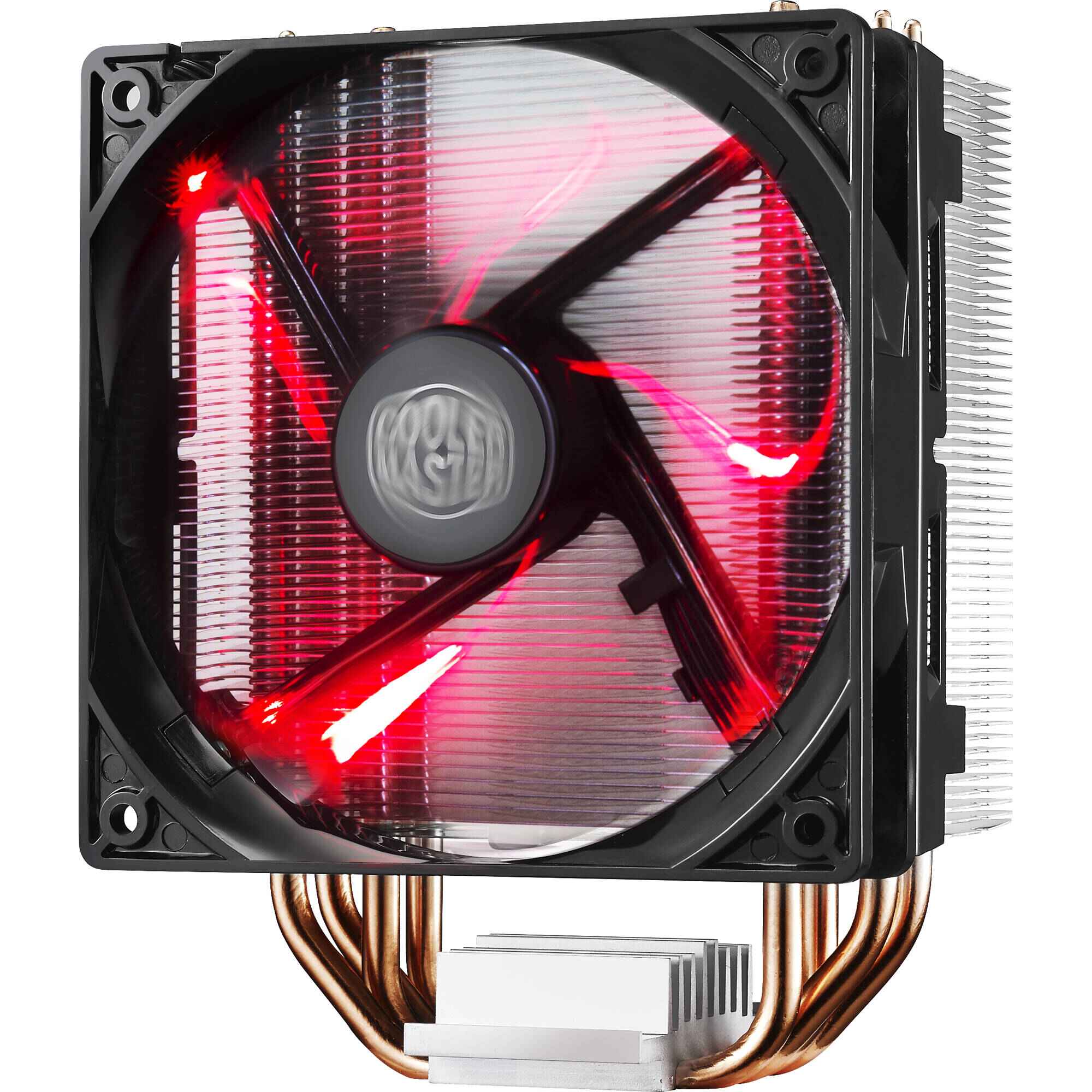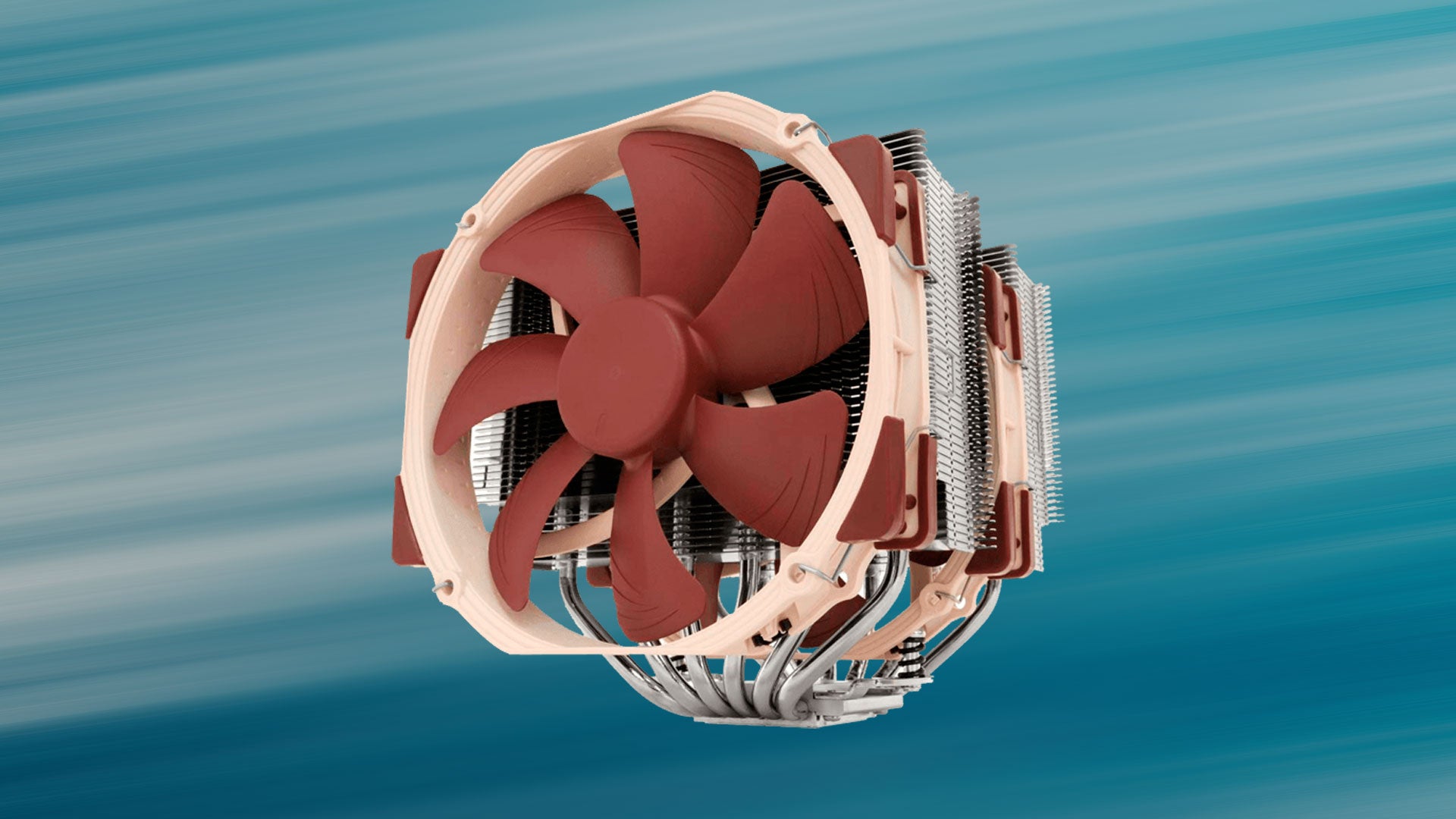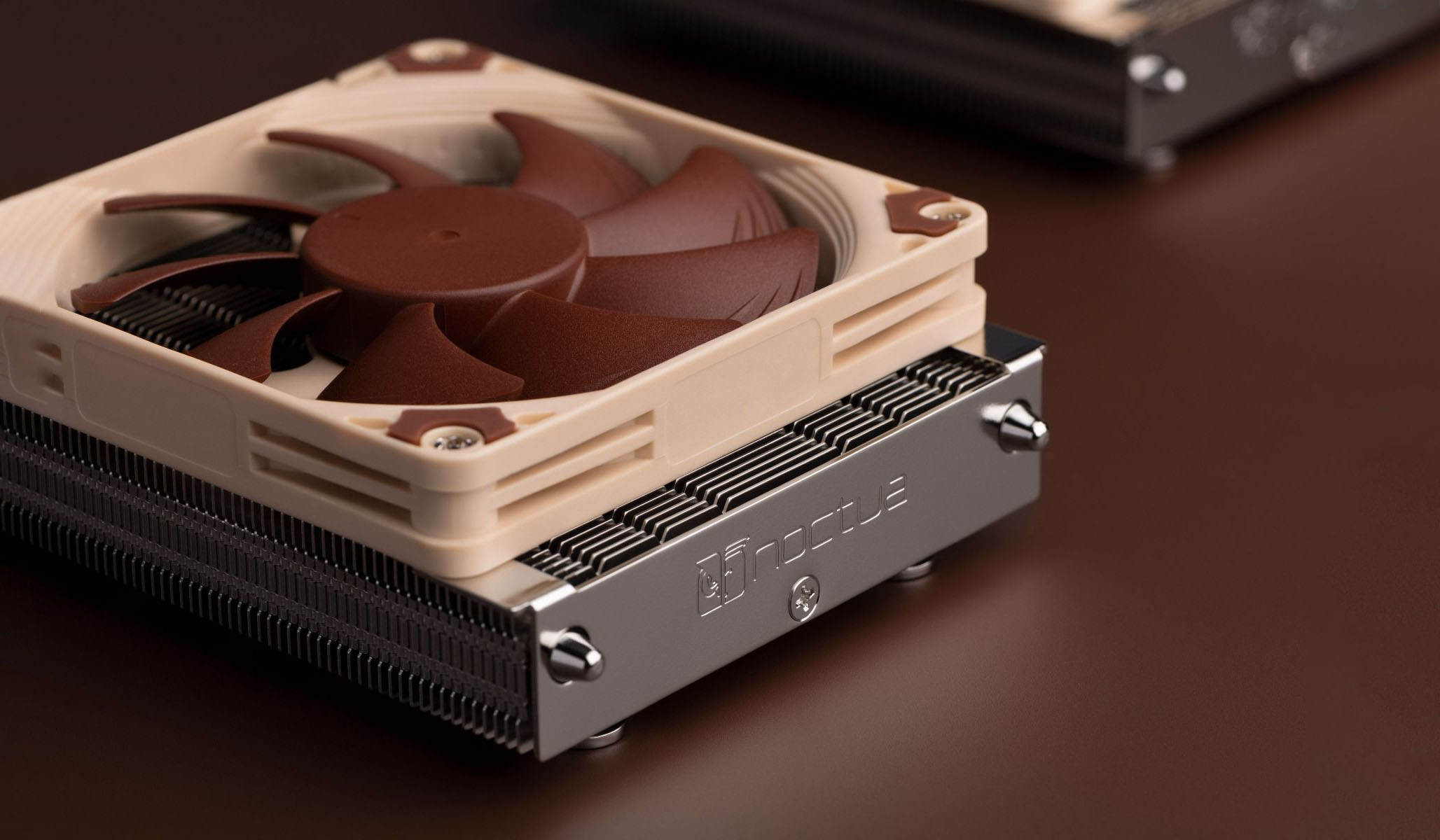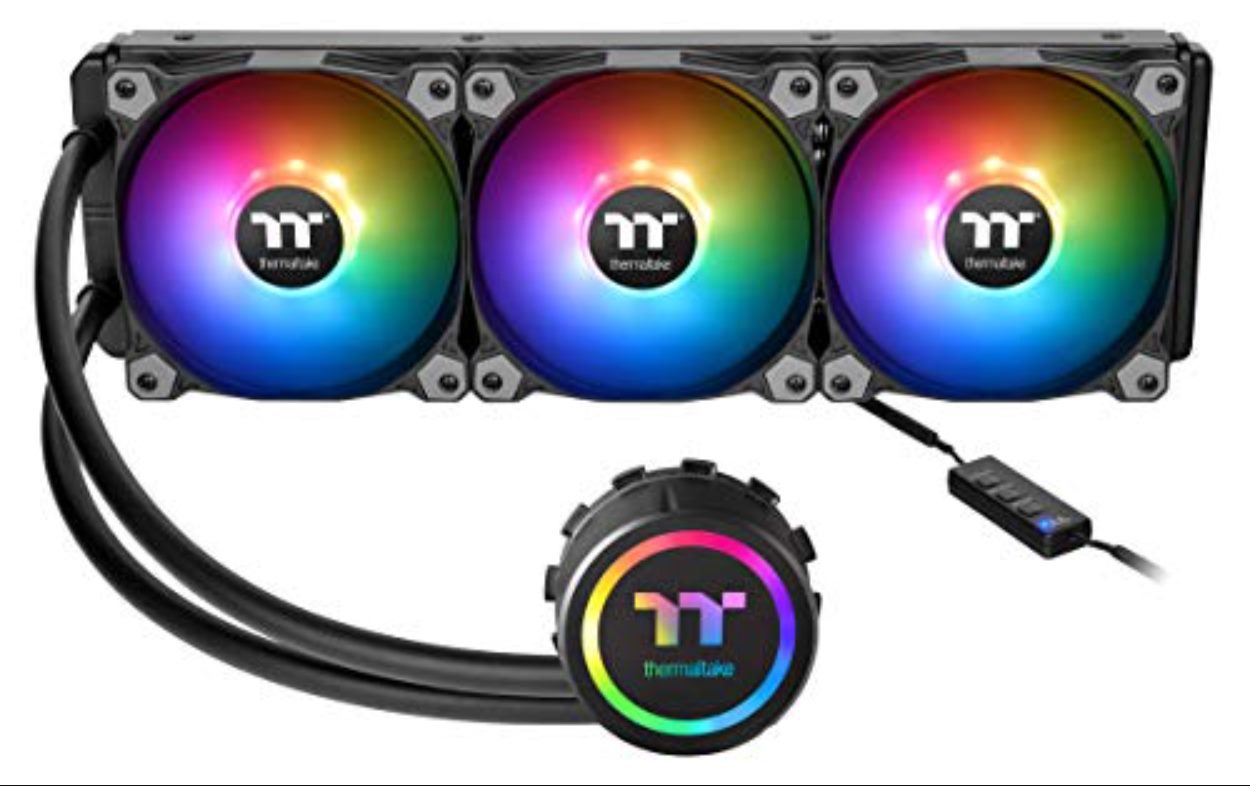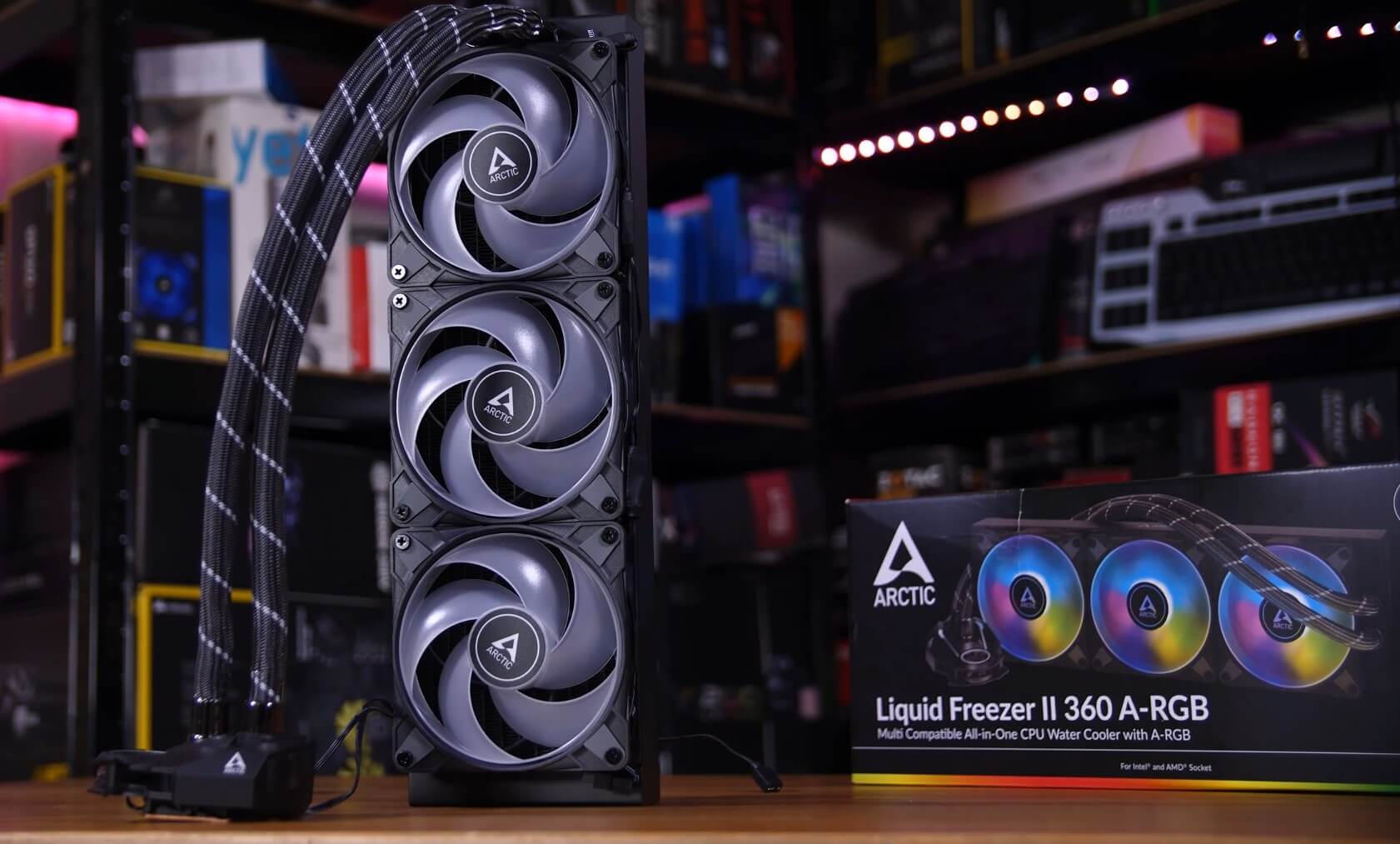Introduction
CPU coolers are vital components in a computer system, responsible for dissipating heat generated by the CPU. Without proper cooling, a CPU can overheat, leading to decreased performance, system instability, and even permanent damage. Choosing the right CPU cooler is crucial to ensure the optimal functioning and longevity of your system.
When it comes to CPU cooling, there are two main options: air cooling and liquid cooling. Air coolers use a combination of heat sinks and fans to cool the CPU, while liquid coolers employ a closed-loop system that circulates coolant to dissipate heat.
In this article, we will explore the important factors to consider when choosing a CPU cooler. From thermal design power (TDP) to size compatibility, noise level to cooling performance, we will discuss the key aspects that should influence your decision. By the end of this article, you will have a clear understanding of what to look for in a CPU cooler and be better equipped to make a wise choice for your computer system.
Air Cooling vs. Liquid Cooling: Which Is Right for You?
When it comes to choosing between air cooling and liquid cooling for your CPU, there are several factors to consider. Both options have their pros and cons, so it’s important to understand your specific needs and preferences before making a decision.
One of the primary considerations is cost. Air coolers are generally more affordable than liquid coolers, making them a budget-friendly choice. They are also easier to maintain as they don’t require refilling or regular maintenance. On the other hand, liquid coolers tend to be more expensive but offer more efficient cooling performance, making them ideal for overclocking or high-end gaming rigs.
Noise level is another aspect to think about. Air coolers with larger fans tend to be quieter compared to liquid coolers, which typically have smaller pump and fan noise. If a silent or near-silent operation is important to you, an air cooler may be the better option.
When it comes to cooling performance, liquid coolers have the upper hand. They can handle higher heat loads and are more effective at dissipating heat quickly, resulting in lower CPU temperatures. This can be particularly advantageous for users who engage in resource-intensive tasks such as video editing or gaming.
Size and compatibility are also important considerations. Air coolers can be bulky and may interfere with other components, especially if you have a small form factor PC case. Liquid coolers, on the other hand, typically require radiator space and proper mounting, so you need to ensure your case has adequate space for installation.
In summary, if you prioritize cost-effectiveness and noise reduction, an air cooler may be the right choice for you. On the other hand, if you are seeking top-notch cooling performance and have a higher budget, a liquid cooler could be the better option. Assessing your specific needs and understanding the trade-offs will help you make an informed decision on which cooling solution suits your requirements best.
Consider Your CPU’s Thermal Design Power (TDP)
Thermal Design Power (TDP) is an important specification to consider when choosing a CPU cooler. TDP refers to the maximum amount of heat that a CPU produces and the amount of cooling required to keep it operating within safe temperature limits. It is typically measured in watts.
Before selecting a CPU cooler, it is crucial to check the TDP rating of your CPU. It is usually specified by the manufacturer and can be found on their official website or in the product documentation. Choosing a cooler with a lower TDP rating than your CPU’s TDP can result in inadequate cooling, leading to higher temperatures and decreased performance. Conversely, a cooler with a higher TDP rating than necessary may be excessive and unnecessary.
It is advisable to choose a CPU cooler that has a TDP rating equal to or slightly higher than your CPU’s TDP. This ensures that the cooler is capable of effectively dissipating the heat generated by your CPU, maintaining optimal performance and longevity.
Additionally, it is worth noting that some CPU coolers are designed specifically for low-profile systems or overclocking purposes. Low-profile coolers are suitable for compact cases with limited vertical clearance, while overclocking coolers are designed to handle the heat generated by CPUs pushed beyond their standard operating frequencies.
By considering your CPU’s TDP and selecting a cooler that matches or exceeds that rating, you will ensure that your CPU operates within safe temperature thresholds, preventing overheating and potential damage. This aspect is crucial for the stability and longevity of your system, especially if you frequently engage in demanding tasks such as gaming or content creation.
Size and Compatibility with Your Computer Case
When choosing a CPU cooler, it is essential to consider the size and compatibility with your computer case. The dimensions and design of the cooler should align with the available space in your case to ensure proper installation and functionality.
Firstly, you need to check the maximum CPU cooler height that your case can accommodate. This measurement is typically provided by the case manufacturer. If the cooler is too tall, it may not fit inside your case, resulting in compatibility issues. It is crucial to check the specifications of both the CPU cooler and the case to match their dimensions.
In addition to height, the width and depth of the CPU cooler should also be taken into account. Some cases have restrictions on the width of the cooler due to component interference, such as RAM sticks or PCIe slots. Make sure to verify the clearance measurements to ensure a proper fit.
Another important aspect to consider is the mounting mechanism of the CPU cooler. Most coolers use either a top-down or a tower-style design. The top-down coolers blow air towards the motherboard, while tower-style coolers direct airflow towards the rear or top exhaust fan. Ensure that the chosen cooler and the case provide compatibility with the desired airflow direction and mounting options.
Additionally, if you have a small form factor (SFF) case, it is crucial to choose a compact CPU cooler specifically designed for such cases. These low-profile coolers are optimized for space-constrained systems and ensure compatibility without compromising on cooling performance.
Lastly, keep in mind that some CPU coolers might interfere with other components, such as tall RAM heatsinks or VRM heatsinks on the motherboard. Before making a purchase, it is advisable to check the specifications and user reviews to ensure compatibility with your specific motherboard and memory modules.
By considering the size and compatibility of the CPU cooler with your computer case, you can ensure a hassle-free installation process and optimal performance without any clearance or interference issues. A proper fit guarantees efficient airflow and cooling for your CPU, contributing to system stability and longevity.
Noise Level and Fan Speed
Noise level and fan speed are crucial factors to consider when selecting a CPU cooler. Cooling performance is important, but it shouldn’t come at the expense of a noisy and distracting computer system.
Air coolers vary in noise level depending on the size and design of the fan. Larger fans tend to rotate at lower speeds and produce less noise, while smaller fans may spin faster and generate more noticeable sound. Consider choosing a cooler with a larger fan diameter, as it will ensure better airflow at lower RPM, resulting in quieter operation.
When it comes to liquid coolers, the noise level is influenced by both the pump and the fan. The pump circulates the coolant, and a higher-quality pump will typically be quieter. Additionally, liquid coolers often use smaller fans on the radiator, which can produce higher pitch or whining noise at higher speeds. Researching and reading user reviews can help you identify models with well-regarded noise levels.
It’s important to note that fan speed can directly impact cooling performance. Higher fan speeds usually equate to better heat dissipation but can also lead to increased noise levels. Some coolers offer fan speed control options, allowing you to adjust the speed and noise level based on your preferences and cooling needs.
Another aspect to consider is the presence of noise-reducing features, such as rubber mounting pads or anti-vibration mechanisms. These features help reduce the transmission of vibrations from the fan or cooler to the case, minimizing noise generated by the system.
If you prioritize a quiet computing experience, consider choosing a cooler with lower noise levels, larger fan diameters, and additional noise reduction features. Keep in mind that balancing noise and performance is essential, so ensure that the cooler you choose strikes a suitable compromise between cooling efficiency and noise generation.
By carefully considering the noise levels and fan speeds of CPU coolers, you can create a more pleasant and peaceful computing environment without compromising on cooling performance.
Heat Dissipation and Cooling Performance
Heat dissipation and cooling performance are critical factors to consider when selecting a CPU cooler. The ability of a cooler to effectively dissipate heat directly impacts the temperature of your CPU and ultimately determines the performance and longevity of your system.
Air coolers utilize heat sinks comprising of metal fins and heat pipes to absorb and transfer heat away from the CPU. The design and quality of these components play a significant role in heat dissipation. Coolers with larger heat sink surface areas provide more surface for heat dissipation, resulting in better cooling performance. Heat pipes with efficient thermal conductivity facilitate the transfer of heat from the CPU to the heat sink.
Liquid coolers, on the other hand, use a closed-loop system that circulates coolant to remove heat from the CPU. The performance of liquid coolers is largely determined by the size and thickness of the radiator, as well as the fan’s ability to facilitate efficient heat exchange. Thicker radiators and higher quality fans often result in improved heat dissipation and cooling performance.
When comparing cooling performance, it is also essential to consider factors such as the maximum achievable temperatures and the temperature differentials between idle and load states. Cooler designs that can maintain lower CPU temperatures and provide significant temperature drops during intensive tasks offer better cooling performance.
It’s worth mentioning that the cooling performance required for your CPU will depend on your usage. If you engage in regular resource-intensive tasks, such as gaming or video editing, you will likely need a cooler with higher heat dissipation and cooling capabilities. However, for everyday tasks or moderate usage, a cooler with lower cooling performance may suffice.
When researching coolers, it can be helpful to read reviews and performance benchmarks to understand how various models compare in terms of heat dissipation and cooling performance. Real-world testing and user feedback can provide valuable insights into the effectiveness of different cooling solutions.
By carefully evaluating the heat dissipation and cooling performance of CPU coolers, you can ensure that your system operates at optimal temperatures, maintaining performance, stability, and longevity.
Ease of Installation and Maintenance
The ease of installation and maintenance should be taken into consideration when choosing a CPU cooler. Whether you are a seasoned PC builder or a novice, a cooler that is easy to install and maintain can save you time and frustration.
Air coolers generally have a simpler installation process compared to liquid coolers. They typically come with a universal mounting system that is compatible with various CPU socket types. Many air coolers also come with pre-applied thermal paste, eliminating the need for manual application.
On the other hand, liquid coolers can be more complex to install due to the additional components involved. They require mounting the radiator, securing the water block or pump, and connecting tubes. Proper cable management is also crucial to ensure a clean and efficient installation. However, some liquid coolers come with all-in-one (AIO) designs that simplify the installation process by integrating the pump, radiator, and fans into a single unit.
Maintenance is also an important aspect to consider. Air coolers generally require minimal maintenance. Periodically cleaning the fan and heat sink from dust buildup is usually sufficient to ensure optimal performance. Some air coolers even come with removable dust filters for easier cleaning.
Liquid coolers, however, require additional attention. The coolant should be checked and replaced periodically to maintain optimal performance. Some liquid coolers require manual refilling, while others are sealed and do not require maintenance. It’s important to familiarize yourself with the maintenance requirements of the specific liquid cooler you choose.
When selecting a CPU cooler, it can be helpful to read user reviews and installation guides to gain insights into the ease of installation and maintenance. These resources can provide valuable information on potential challenges, the clarity of instructions, and any additional tools or accessories required.
Considering the ease of installation and maintenance can save you time and effort, especially if you plan to upgrade or perform maintenance on your system in the future. Opting for a cooler that offers a straightforward installation process and requires minimal maintenance can contribute to a smoother and more enjoyable PC building experience.
Price and Value for Money
Price is an important consideration when choosing a CPU cooler, as it directly affects the overall cost of your computer system. It is essential to strike a balance between your budget and the performance and features offered by the cooler.
Air coolers are generally more affordable compared to liquid coolers. They offer a cost-effective cooling solution without compromising on performance. If you’re on a tight budget or have moderate cooling needs, an air cooler can provide good value for money.
Liquid coolers, on the other hand, tend to be pricier due to their advanced design and improved cooling capabilities. They are often preferred by enthusiasts, gamers, and overclockers who demand high-performance cooling. If you require superior heat dissipation or plan to push your CPU to its limits, a liquid cooler can offer excellent value for the investment.
When considering the price, it is essential to assess the value for money offered by the cooler. Factors such as cooling performance, durability, and additional features such as RGB lighting or fan control should be taken into account. Some coolers come with extended warranties or added accessories, offering enhanced value for the price.
It is advisable not to base your decision solely on price. While it’s tempting to opt for the cheapest option available, it’s important to consider the overall quality and performance of the cooler. Reading reviews and comparing user feedback can help you gauge the reliability and value for money of different CPU coolers.
Keep in mind that the price and value for money may vary based on your specific needs and intended usage. A more expensive cooler might be justified if you require superior cooling performance or additional features, while a budget-friendly option can be sufficient for standard usage.
By carefully considering both the price and the value for money offered by CPU coolers, you can find the sweet spot that meets your requirements and budget. It’s important to invest in a cooling solution that provides the necessary performance, durability, and features without exceeding your financial capabilities.
Conclusion
Choosing the right CPU cooler is essential for maintaining the optimal performance and longevity of your computer system. Throughout this article, we have explored the key factors to consider when selecting a CPU cooler.
Firstly, we discussed the choice between air cooling and liquid cooling, weighing the factors of cost, noise level, cooling performance, and compatibility with your system. Next, we emphasized the importance of considering your CPU’s Thermal Design Power (TDP) to ensure that the cooler can effectively dissipate the heat generated by your CPU.
We then highlighted the significance of size and compatibility, in terms of height, width, depth, mounting mechanism, and clearance requirements, to ensure that the cooler fits properly within your computer case.
Noise level and fan speed were identified as crucial considerations, with larger fans and noise reduction features contributing to a quieter computing experience. Heat dissipation and cooling performance were discussed, emphasizing the significance of heat sink design, radiator size, and effective thermal conductivity for optimal cooling efficiency.
Additionally, we explored the importance of ease of installation and maintenance, with air coolers generally offering simpler installation processes and minimal maintenance requirements compared to liquid coolers.
Lastly, we addressed the aspect of price versus value for money, emphasizing the need to strike a balance between budget constraints and the performance, features, and durability of the CPU cooler.
By considering all these factors and prioritizing your specific needs and preferences, you can confidently choose a CPU cooler that meets your requirements. Whether you opt for an air cooler or a liquid cooler, it is important to ensure effective heat dissipation, proper installation, and compatibility with your computer case.
Remember to perform thorough research, read user reviews, and weigh the trade-offs before making a final decision. With the right CPU cooler in place, you can enjoy optimal CPU temperatures, improved system performance, and a more reliable and efficient computer system overall.









